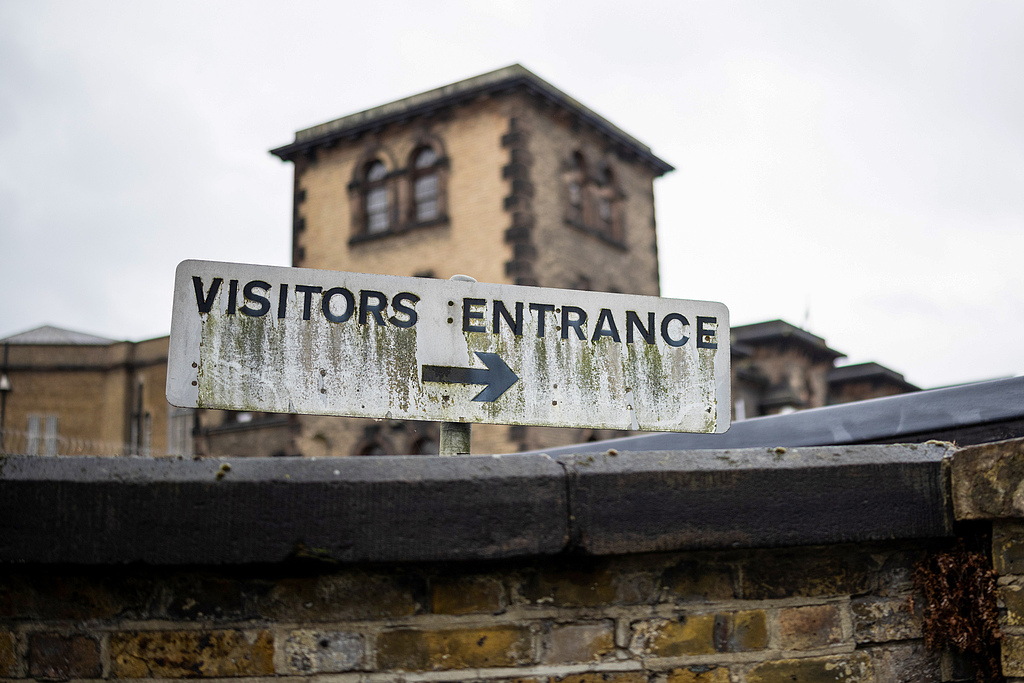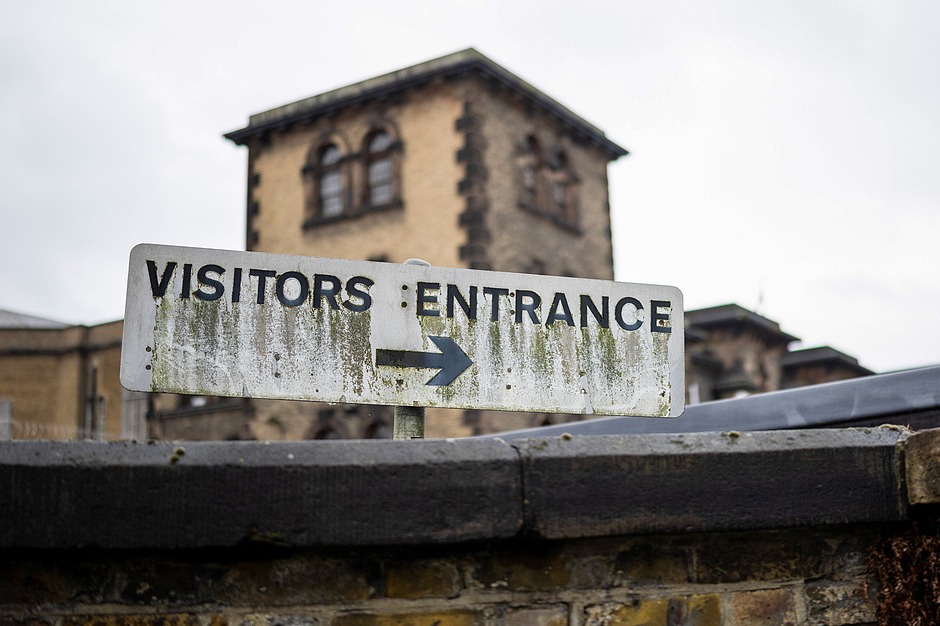Lockdown limits could end jail crisis


The professional body representing barristers in England and Wales has suggested that restrictions like those enforced during COVID-19 pandemic lockdowns could be used as an alternative to prison terms for non-violent offenders to solve the overcrowding crisis in Britain's prisons.
According to figures from the United Kingdom Parliament, as of Aug 30, 2024, there were 88,350 people in prison in England and Wales, which is just below what is described as the "useable operational capacity" of 89,543.
Based on a continued increase in police charging and prosecutions, reductions in the backlog of court cases, and changes in sentencing policy, by 2028 that figure is on course to grow to between 94,600 and 114,800, with a central estimate of 105,800.
An independent review is currently taking place, headed by David Gauke, who was justice secretary in the Conservative Party government from 2018 to 2019.
The barristers' group, the Bar Council, is one of several bodies which is making submissions for consideration in the review. It said increased home detention measures or so-called part-time prisons, which help with social reintegration, could be a way forward.
"A greater use of 20-hour curfews as a direct alternative to custody would have a variety of benefits,"said a document submitted to the review panel. "It may be that similar restrictions to those imposed during the COVID-related lockdowns could be introduced as punitive measures."
A document published by the National Audit Office, or NAO, in Dec 2024 said a pledge by the previous government in 2021 to deliver an additional 20,000 prison places was not on course to be achieved until 2031, five years behind schedule.
Current plans were also deemed "insufficient to meet estimated future demand," and the cost of prison expansion was forecast to be up to 80 percent higher than estimated in 2021.
It cited "previous governments'failure to ensure that the number of prison places was aligned with criminal justice policies such as sentencing and police numbers" as the cause of the capacity crisis.
In a BBC interview when that NAO document was published, Justice Secretary Shabana Mahmood said the prison system was "appalling" and prisoners were "coming out better criminals than they were before they went in".
"We've got to turn that around,"she added. "I think that the ? rst step in turning things around is dealing with our capacity problems."
With existing rules for various offences allowing the imposition of banning orders from gatherings such as sports events or pubs, it was argued, the expansion of such measures could "constitute a significant deprivation of liberty" without the need for physical incarceration.
Michelle Heeley, who is head of the Bar Council's working group on sentencing proposals, told the Observer newspaper that the current system was "not working" and "you've got to get more creative" about finding ways to punish off enders, rather than just putting them into an already overcrowded system.
"The number of people in prison has constantly risen, but the crime rate hasn't reduced and reoffending has increased," she said. "Sending people to prison for longer is not having the deterrent effect people thought it would."

































